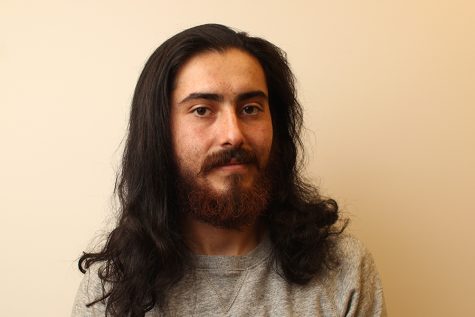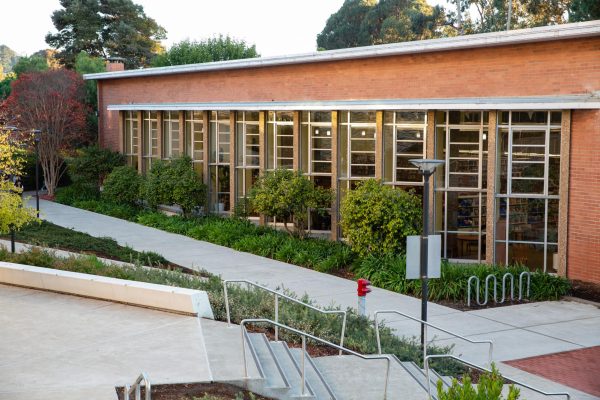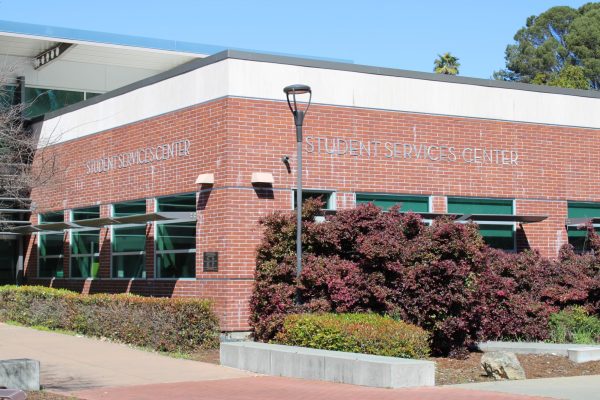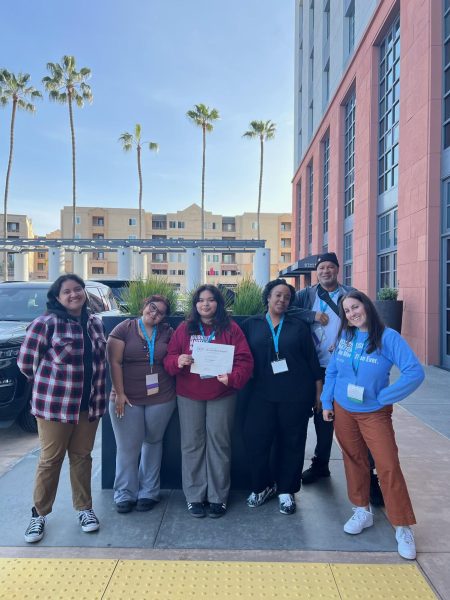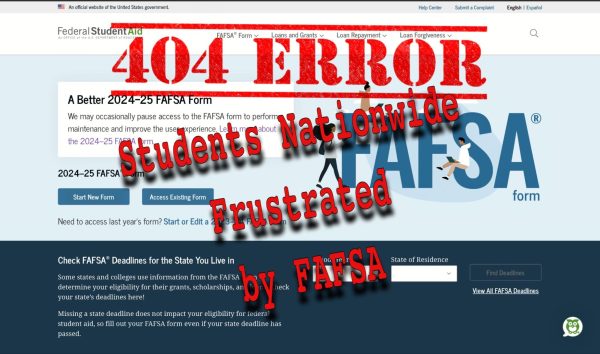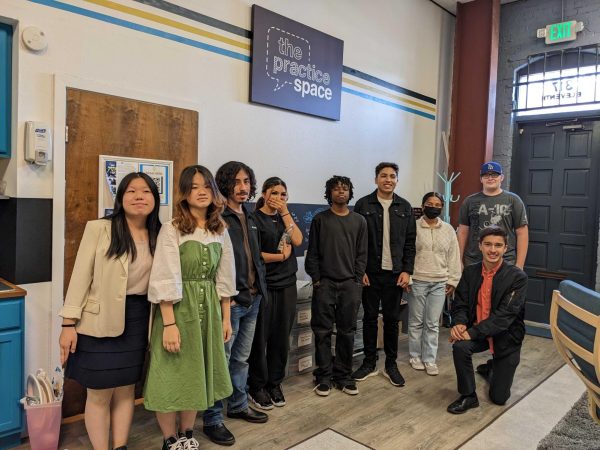Council approves policy for online ‘transparency’
September 28, 2016
To improve transparency, the online file storage to which Contra Costa College committees upload their minutes and agendas will be standardized.
While the Brown Act, California’s open meetings law, does not require that committee minutes be posted online, music department Chairperson Wayne Organ presented the Planning Committee’s recommendations to the College Council meeting in May.
“We want to be more transparent than we have been and actually post (minutes and agendas),” Organ said. “They are the history and workings of the college in a lot of ways.”
He said the recommendations that were approved at last May’s meeting will have committees upload their minutes in a PDF format. The Senior Executive Assistant to the President Michael Peterson will conduct a yearly audit.
“The reason we made this an action item in the May meeting was to create a policy for (uploads of agendas and minutes) because a lot of committees and work groups were not posting anything,” Organ said. “The motion passed and now we are taking this semester to clean it up and the (Vice President Tammeil Gilkerson) will notify each committee chair.”
Technology System Manager James Eyestone said committees will have to upload their own minutes and agendas under the approved recommendations, but using a PDF format will increase transparency.
Eyestone said the reason for uploading a document as a PDF is that it cannot be tampered with once it is uploaded.
“Creating standardized minutes online is to show that the committees are meeting the requirements to have agendas and minutes readily available,” Eyestone said. “That means these documents can be checked on from anywhere by anyone.”
The governance bodies that must adhere to the Brown Act are the College Council, the Classified Senate Committee, the Academic Senate and the Associated Student Union.
ASU Vice President of Club Affairs Jose Arebalo said that they are currently working on meeting the College Council’s online upload recommendations.
“The traditional means is not a good system,” Arebalo said. “We needed to make this transition to show more transparency and throw (agendas and minutes) online.”
Other main committees that are not directly tied to the Brown Act, but were created by a Brown Act governance body, are the Planning Committee, the Operations Council Committee, the Budget Committee and the Student Success Committee.
Organ said because changes to the website were approved this summer, many committees have approved their minutes, but have not uploaded them to the current file storage.
On the file storage page, www. contracosta.edu/docs/committees/, only five committees have uploaded at least one agenda or minutes for the 2016 fall semester.
Under the approved recommendations, Organ said sub-committees that were not established by main committees will now be considered working groups — but will be required to upload minutes and agendas.
Eyestone said, “I think we are exceeding the level of transparency mandated by the Brown Act. And creating this high level of transparency is useful for accreditation.”
Committees that adhere to California’s open meetings law must post their agendas on doors and bulletin boards 72 hours before their meetings.
But the Brown Act does not require them to upload documents online.
Best Best & Krieger Law firm’s Public Policy and Ethics Compliance Group Chairperson Gary Schons supports what Eyestone said.
“Minutes are not required to be posted anywhere according to the Brown Act,” Schons said. “But they are public records and the public can request them.”


